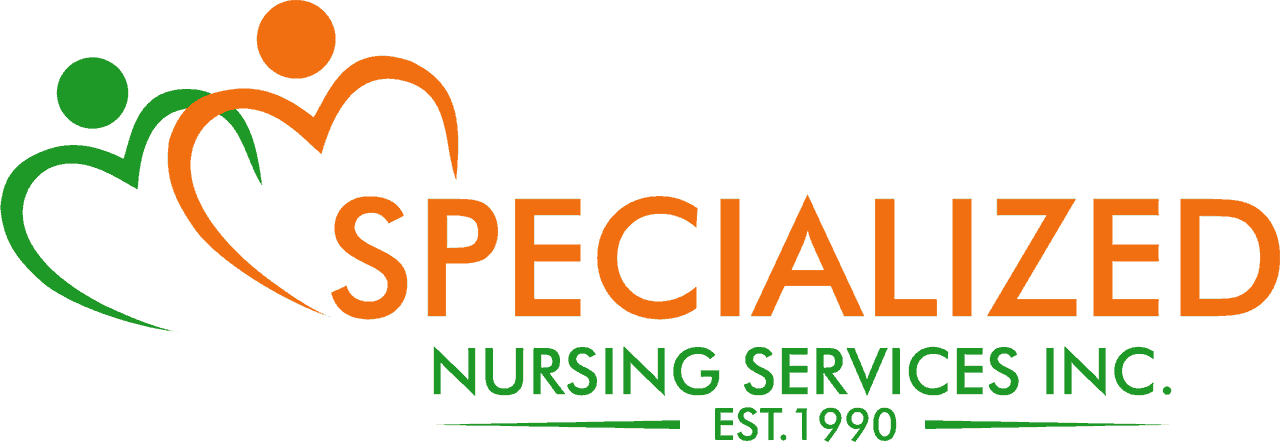
Paramedics are first to arrive in an emergency situation. They perform medical assessments, provide laboratory tests, and administer intravenous medications. They also inform hospitals about the medical conditions of patients. This helps decrease the amount of accidents and illness. They also offer health education to the community.
Paramedics could work with an ambulance or fire department. They might also volunteer in remote areas or visit senior care homes. Paramedics can earn associate's and bachelor's degrees in paramedic Science.
In order to become a paramedic, you will need to obtain a state license. A training program may be required depending on your state. It may take up to 2 years to complete some paramedic programs. During this time, you will be supervised by a preceptor. It is possible that you will be required to undergo a practical examination. These tests will cover medical procedures like advanced airways techniques and how you handle certain medicines.

Additionally, you must pass the National Registry of Emergency Medical Technicians exam. You will also be required to undergo a drug screening and background check. A rig screening may be required. Post-offer physicals may also be required.
After getting a job you will be required work three 12-hour days a week. Flexible shifts are possible, but you may need to respond quickly to emergency calls. You may also need to inspect the ambulance and Emergency Response Vehicle. You may also be expected perform staff development activities such as conflict resolution.
Paramedics are highly skilled and complex. Paramedics need to have more training and skills than EMTs. Paramedics need to be able use advanced airways techniques and carry equipment. Maintaining a reasonable level of physical conditioning is also crucial.
Paramedics must also possess a valid Iowa drivers licence. They must also hold a PALS certificate. They also need to maintain a clean driving record. They will need to pass a cognitive test and a practical exam. They will also be required to complete a Paramedic Division Functional Screening Assessment.

Paramedics can work in either a private or public ambulance service. They will need to have completed at least 1,700 hours of training. They may also need to finish a hospital-based internship.
Many paramedics now have new roles and have even replaced doctors in certain cases. Paramedics often respond first to emergencies in some communities. They work alongside police officers and firefighters. Paramedics can also be found working alongside army engineers, search andrescue teams, marine physicians, and other emergency responders in other communities.
The paramedic career offers lifesavers in traumatic situations. They are highly skilled and always available to assist anyone in dire need. They are also known for being street heroes.
FAQ
What are the different types and benefits of health insurance
There are three main types for health insurance:
-
Private health insurance covers many of the costs associated to your medical care. This type of insurance is often purchased directly from private companies, so you pay monthly premiums.
-
Although most medical costs are covered by public insurance, there are certain restrictions. For example, public insurance will only cover routine visits to doctors, hospitals, labs, X-ray facilities, dental offices, prescription drugs, and certain preventive procedures.
-
You can use medical savings accounts (MSAs), to save money for future healthcare expenses. The funds are saved in a separate account. Most employers offer MSA plans. These accounts are tax-free, and they accumulate interest at rates similar to bank savings accounts.
What will happen if there is no Medicare?
Uninsured Americans will increase. Some employers will terminate employees from their benefits plans. Many seniors will also be paying more for prescription drugs and other services.
What are the different health care services?
A health care service is a medical facility that provides healthcare services for patients. A hospital is an example. A hospital usually has many departments, such as an emergency department, an intensive care unit, an operating room, pharmacy and outpatient clinics.
What is the significance of the health-care system?
A country's economy is only as strong as its health care system. It helps people live longer and better lives. It also creates jobs for doctors, nurses, and other medical professionals.
No matter what income level, health care systems ensure that everyone has access to quality healthcare services.
If you are looking into pursuing a career as a doctor, nurse, or another medical professional, then understanding how healthcare systems function is essential.
What is a healthcare system?
The health system encompasses all aspects of care from prevention to rehabilitation and everything between. It includes hospitals as well as clinics, pharmacies, community health services, long-term and home care, addictions, palliative care, regulation, finance, education, and financing.
Health systems are complex adaptive systems. They exhibit emergent properties that can't always be predicted just by looking at the individual components.
The complexity of health systems makes them difficult to understand and manage. This is where creativity shines.
Creativity can help us solve problems that we don’t have the answers to. We can use our imagination to think of new ways to improve and create new ideas.
People who think creatively are essential for health systems because they are always changing.
People who think creatively can help change the way health systems operate for the better.
What should I know about immunizations?
Immunization is the process of stimulating an immune response to a vaccine. The body responds to the vaccine by making antibodies (immunoglobulins) that protect against infection.
How can I be a creative healthcare professional?
There are many pathways to becoming a creative health professional. Some people start as students and others work in different fields like engineering or business.
Some students choose to focus on a specific topic such as health policy, leadership, management or leadership. Others decide to take an elective course that explores different perspectives on health and health care.
No matter your chosen path, you'll be able to learn about health topics and health care through readings, discussions in groups, assignments and projects, as well as lectures and readings. Other options include workshops, conferences, or seminars.
When you complete the program, your knowledge will give you the skills to work with clients, colleagues, and patients in any role within the health system.
You might even get a doctorate.
Statistics
- For instance, Chinese hospital charges tend toward 50% for drugs, another major percentage for equipment, and a small percentage for healthcare professional fees. (en.wikipedia.org)
- The healthcare sector is one of the largest and most complex in the U.S. economy, accounting for 18% of gross domestic product (GDP) in 2020.1 (investopedia.com)
- Price Increases, Aging Push Sector To 20 Percent Of Economy". (en.wikipedia.org)
- Healthcare Occupations PRINTER-FRIENDLY Employment in healthcare occupations is projected to grow 16 percent from 2020 to 2030, much faster than the average for all occupations, adding about 2.6 million new jobs. (bls.gov)
- Foreign investment in hospitals—up to 70% ownership- has been encouraged as an incentive for privatization. (en.wikipedia.org)
External Links
How To
What are the main segments of the Healthcare Industry industry?
The major segments of the healthcare sector include diagnostics, pharmaceuticals, diagnostics and biotechnology, as well as therapeutics, health IT, medical equipment and medical devices.
Defibrillators are blood pressure monitors, blood pressure monitors, stethoscopes or ultrasound machines that can be used to diagnose, prevent, or treat diseases. These products are typically used to diagnose, prevent, and treat diseases.
Pharmaceuticals are medicines prescribed to relieve symptoms or treat disease. Some examples include antihistamines and antibiotics.
Diagnostics are tests that are performed by labs to diagnose illness or injury. These include blood tests, urine samples and CT scans.
Biotechnology refers to using living organisms (such as bacteria) to produce useful substances that can be applied to human beings. Examples include vaccines, insulin, and enzymes.
The treatment of disease or symptoms with therapeutics is a medical procedure that humans receive. They can involve drugs, radiation therapy or surgical interventions.
Computer software programs used to manage patient records and medical information technology are part of health information technology. It helps them keep track of which medications they're taking, when they should take them, and whether or not they are working properly.
Anything used to diagnose or treat illnesses and conditions, such as diabetes, is medical equipment. Dialysis machines are dialysis tables, pacemakers ventilators, operating rooms, and other medical equipment.